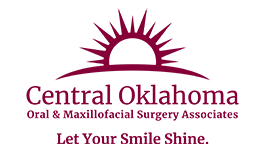16 May 4 Fun Teeth Facts
Your teeth are tremendous tools that help you chew, speak and look good. You may be well-acquainted with your pearly whites and think that you know a lot about this essential body part, but here are some facts that may surprise you. It’s important to...
